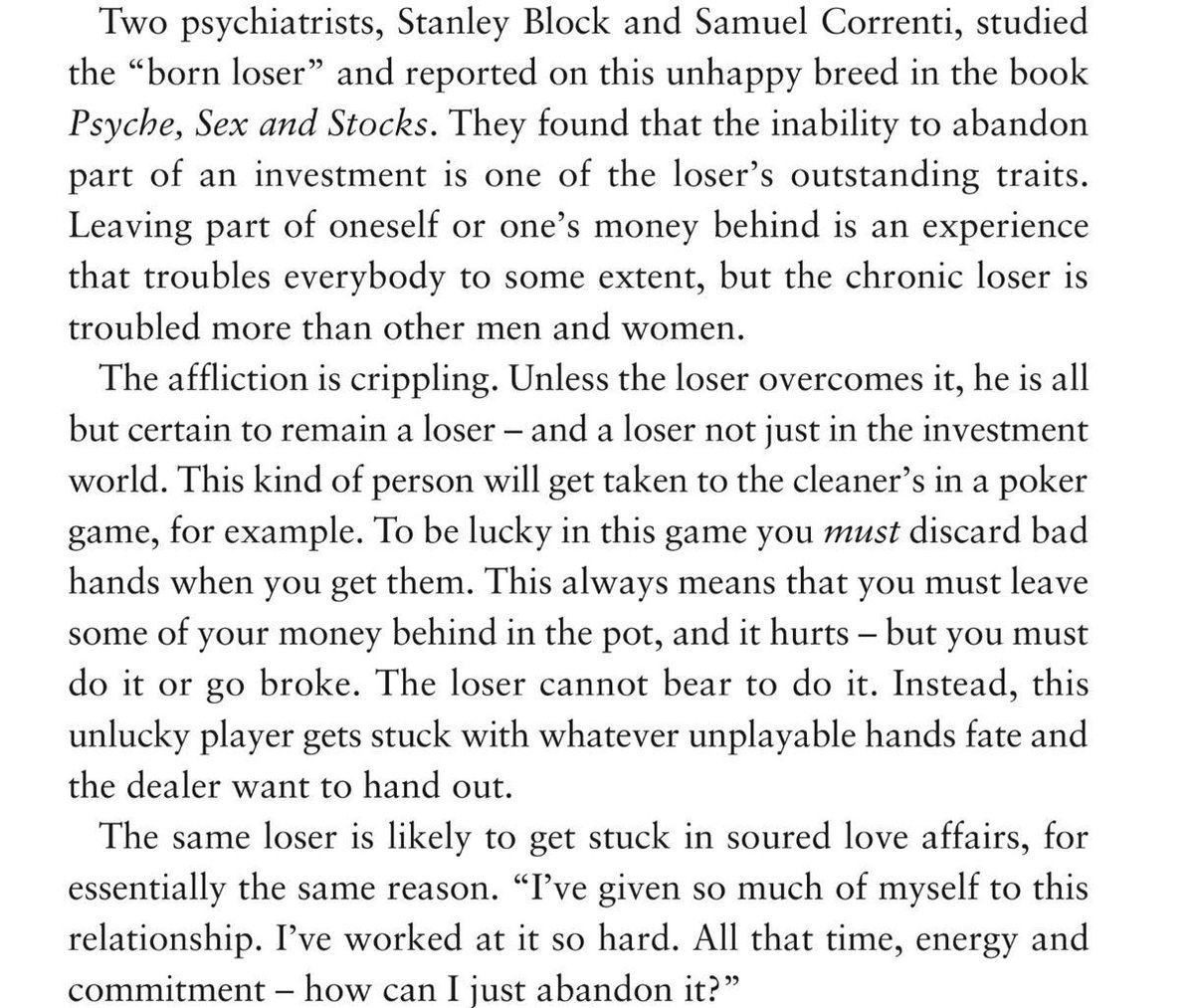1) 45-55% (Average winning % of any given trader)
2) Traders do not mind losing money, they mind losing money doing stupid things
3) You can lose money on a Great trade
4) Focus on the Trade, Not the Money
5) Trading is a game of Probabilities, not Perfection
6) Trade to make money, not to be right
7) Nicht Spielen Zum Spass (if it doesn’t make sense, don’t do it)
8) The market does not know how much you are up or down, so don’t trade that way (Think: “If I had no trade on right now, what would I do”)
9) Learn to endure the pain of your gains
10) There is no ideal trader personality type (more…)







 1. My better trades come when I have found a place to quietly think about the trade idea, before I take the trade. I lay down for a few minutes and let my mind roam. This settles me down at an otherwise tense moment. It also allows me to clearly consider what I like or don’t like about the trade.
1. My better trades come when I have found a place to quietly think about the trade idea, before I take the trade. I lay down for a few minutes and let my mind roam. This settles me down at an otherwise tense moment. It also allows me to clearly consider what I like or don’t like about the trade.